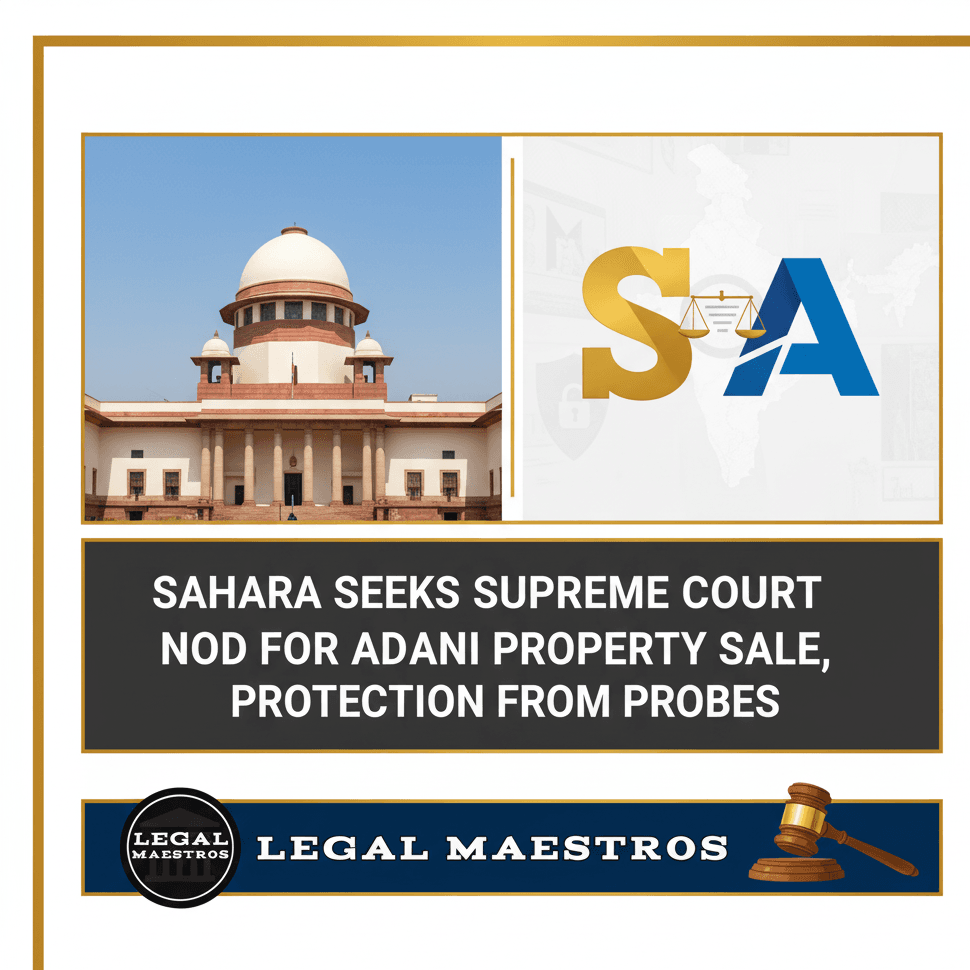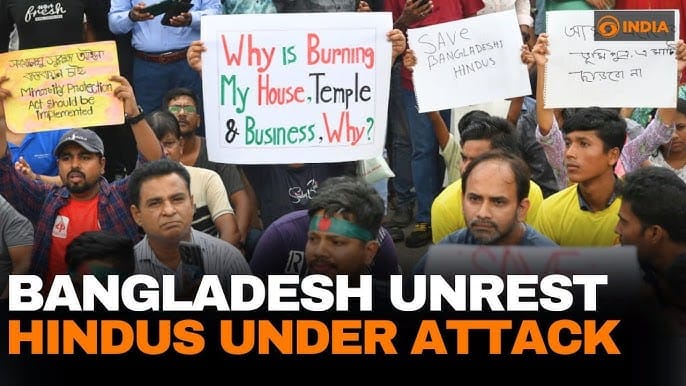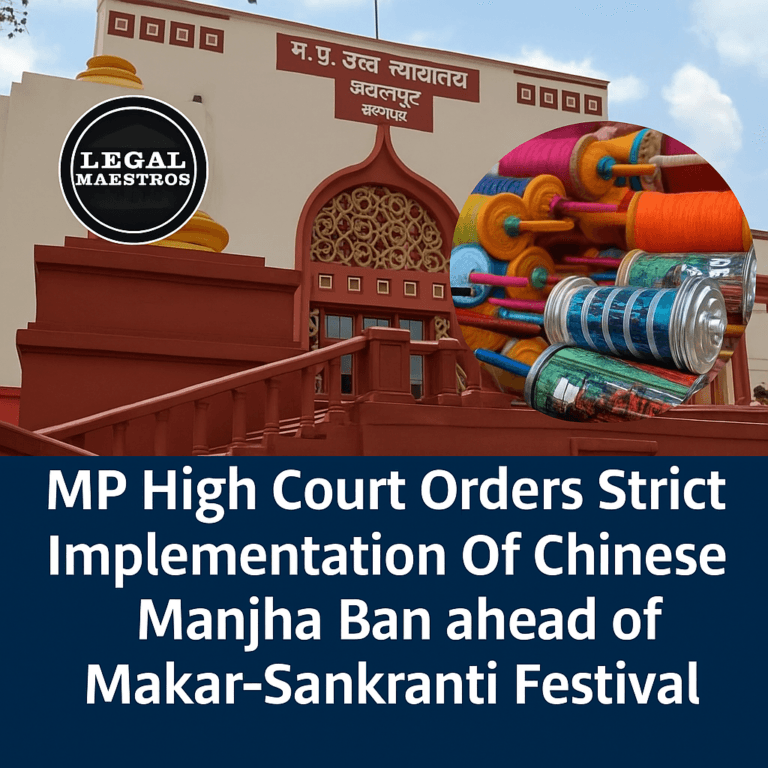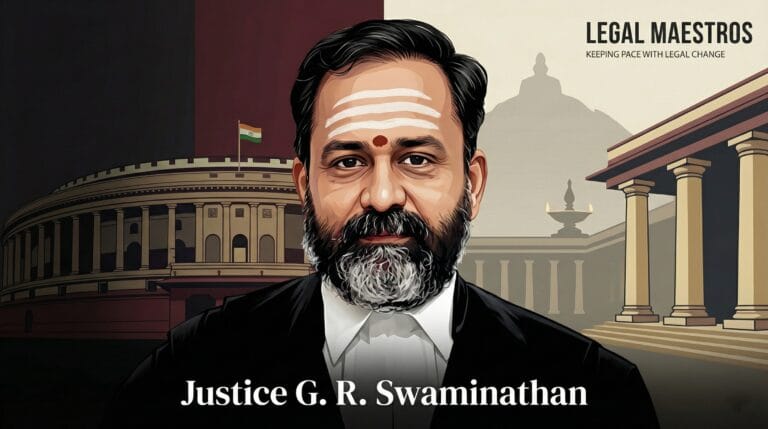
Sahara Seeks Supreme Court Nod for Adani Property Sale, Protection from Probes
A Plan to Settle a Monumental Debt
The gist of the financial and legal predicament facing Sahara is based on an order issued by the Supreme Court in 2012. The court ordered two of the Sahara companies to pay back in excess of 24,000 crore together with interest to more than three crore investors to whom the money was collected by the schemes that SEBI considered unlawful. The court required the establishment of a special so-called Sahara-SEBI Refund Account where the money was collected would be deposited to make it compliant.
Sahara has been unable to repay this colossal sum and has over the years faced numerous hearings in court, its assets have been confiscated and even its chief, Subrata Roy, who died in 2023, has been put behind bars. The company has always maintained that it has already refunded the major part of their investors directly, a claim which SEBI has disputed as there could not be any verifiable documents. This is the key point of contention that has made the case last over ten years.
The latest effort by Sahara to end this stalemate is the present offer of the sale of their properties to the Adani Group. Through selling the high-value real estate property, the company is optimistic that it would raise a substantial lump sum of money that can be directly deposited to the specified refund account. This action is touted as being a decisive step towards meeting its long overdue obligation and ending the legal mire that has paralyzed its business.
For any queries or to publish an article or post or advertisement on our platform, do call at +91 6377460764 or email us at contact@legalmaestros.com.
This is not a newly found case where sale of the assets of the Sahara company including the marquee project of Aamby Valley City near Pune is taken into consideration. But the earlier efforts by auctioning these properties have not borne much success. One possible avenue to a less cumbersome and quick way of monetization is a direct sale to a large corporate group, such as the Adani Group, under condition of approval of the deal by the Supreme Court.
The High-Stakes Adani Property Deal
This may be an important aspect of Sahara plea as the potential transaction with the Adani Group. Although there has not been a public description of the exact properties in question, they are thought to be large land holdings/real estate projects in need of a buyer with deep pockets and lots of experience in infrastructure and development. This profile perfectly suits the Adani Group with its enormous investments in real estate, energy and logistics.
In the case of the Adani Group, the purchase of the assets of Sahara may be a sustainable move towards increasing its real estate presence. In various sections of the country, Sahara has large banks of clear-title land that it can develop into large residential or commercial zones. The involvement of the Adani Group as a prospective buyer gives the proposed sale credibility and creates the impression that a serious financial proposal is being offered.
An agreement is however not possible without the direct consent of the Supreme Court. Having the assets of Sahara practically controlled by the court to secure the funds of the investors, the sale will have to be confirmed by the judges. The major issue that the court will have is to make sure that the properties are sold in a reasonable price and the process is carried out in a transparent manner. This aims at maximizing the recovery of the investors.
The Supreme Court will most probably choose independent valuers who will value the properties besides examining the conditions of the agreement between Sahara and the Adani Group. As the custodian of the interests of the investors, SEBI will also play an important role in the proceedings. The regulator will be interested in having the entire sale proceeds deposit directly into the Sahara-SEBI account without any diversion of funds.
The Unprecedented Plea for Immunity
The most evident aspect of Sahara application may be its plea against investigations done by various government bodies. The company is asking the Supreme Court to order that all current and future investigations by agencies like the ED, which investigates financial crimes and money laundering, and the SFIO, which investigates corporate fraud, be stopped. It is a radical and very unusual legal demand.
The potential justification of Sahara wanting a blanket shield is that the volume of investigations is forming an unfriendly environment that cannot easily do business and seal deals. The company could have a defense that these overlapping probes constitute harassment and hinder its capacity to make the same money the Supreme Court ordered it to pay. It might be demanding one, the court-supervised settlement of all its legal and financial problems.
This immunity request will probably meet strong resistance though. The investigative agencies work within their own statutory authority to investigate possible wrongdoing and they are likely to claim that the Supreme Court must not interfere with their role of work. Such protection would create a dangerous example, which would enable other troubled companies to evade the attention of the law enforcement bodies.
The Supreme Court will be forced to carry out a balancing exercise. It needs to consider the interests of the people who want the investigative agencies to establish whether Sahara has any financial anomalies, versus the interests of Sahara, which is that the probes are interfering with its ability to fundraise. The court ruling in this case will be keenly followed since it might have enormous repercussions in the relationship between the judiciary and executive investigative agencies in India.






